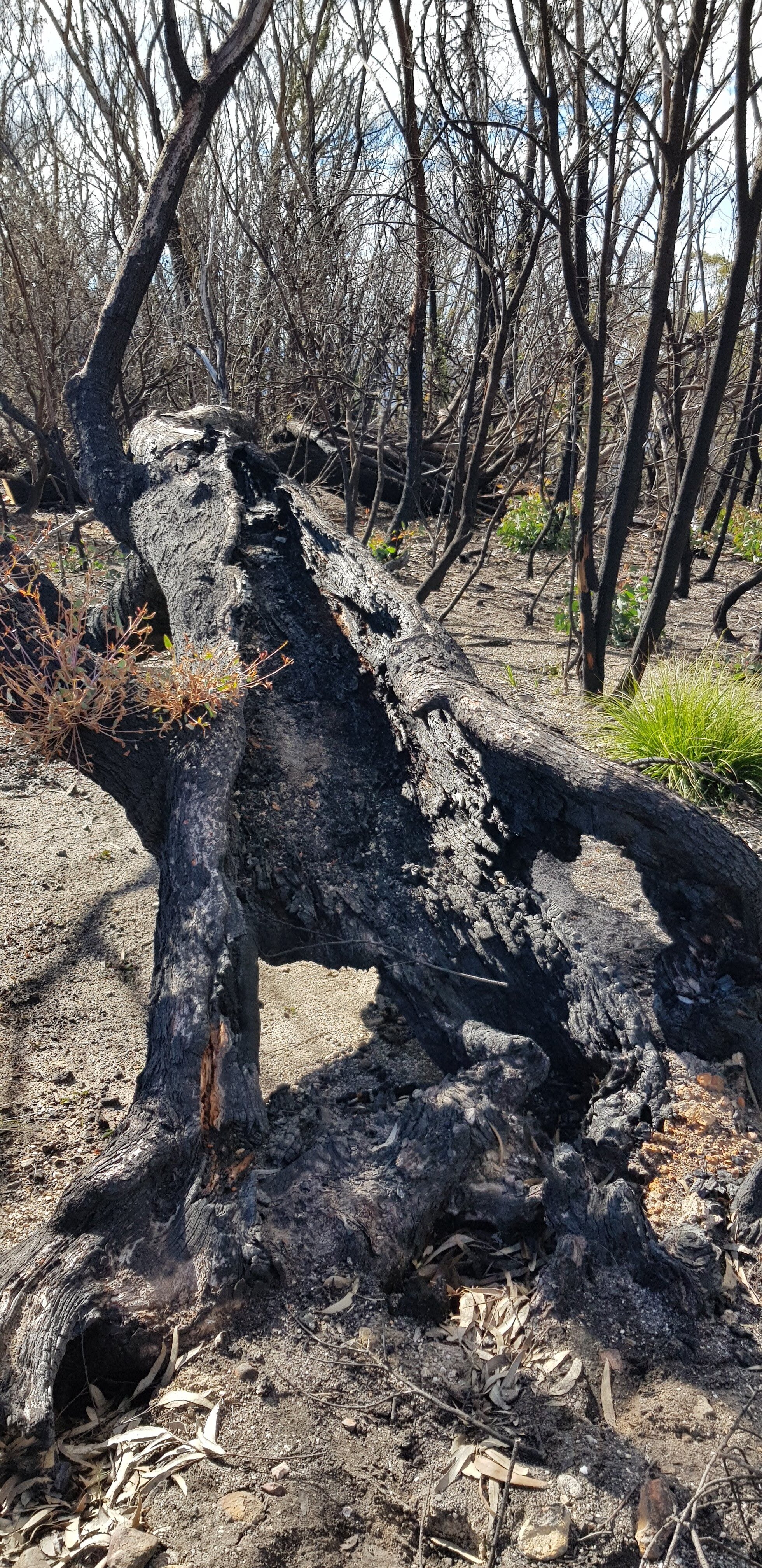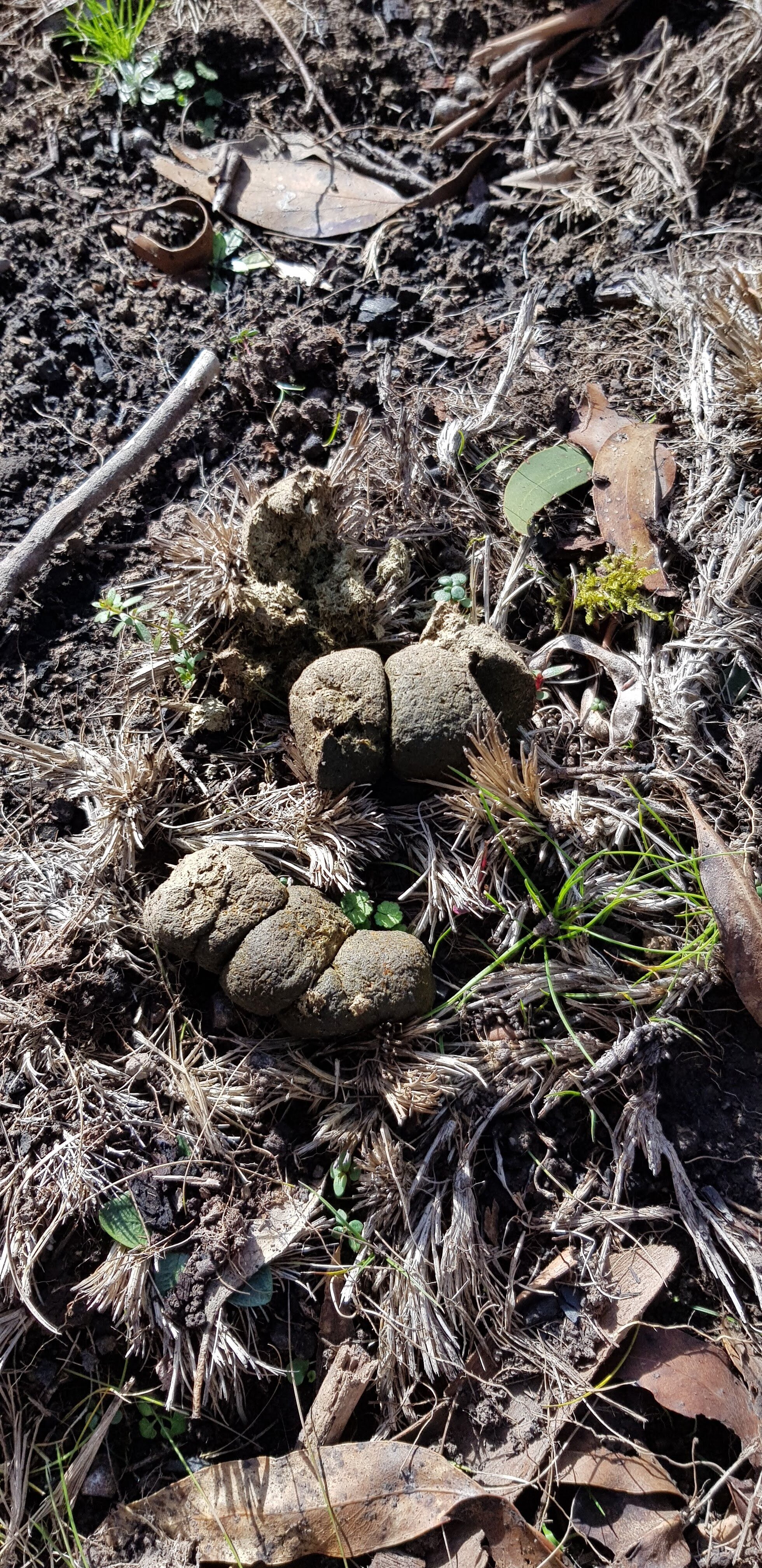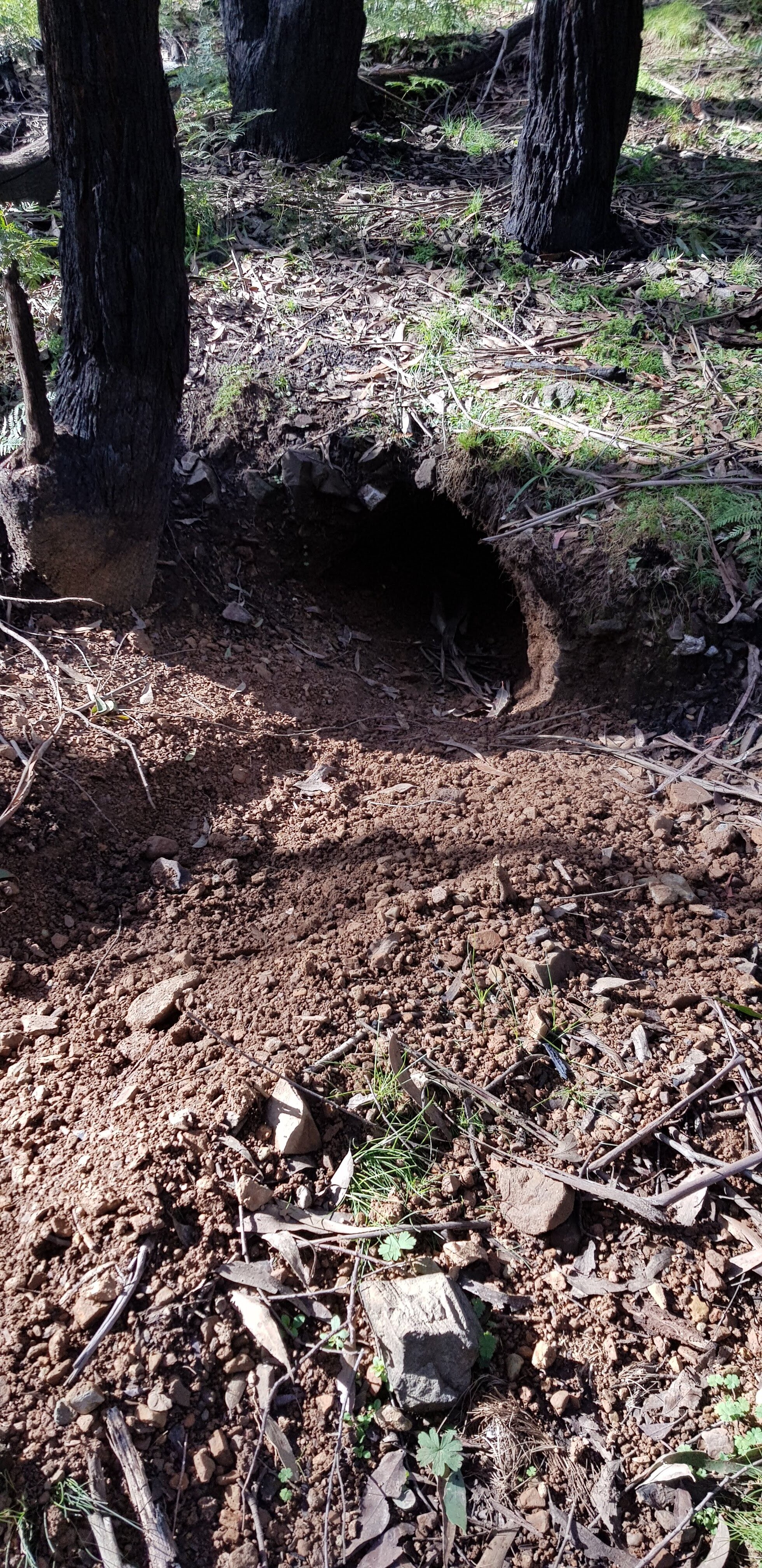Dorothy and I had the pleasure to accompany Dr Oliver Griffith (Oli) on an ecological scouting mission this weekend. We were assisting Oli by providing transport for his research work and company. On a winters day our destination was Kanangra Boyd National Park NSW. In this location I was able to find some interesting plant species too.
Southern Grass Skink - Pseudemoia entrecasteauxii
The purpose of the trip was to see if the habitat for a unusual and pretty Skink (Pseudemoia entrecasteauxii) was still there after the mega fires we had this summer. The fires burnt 444,000 Hectares over Christmas 2019 with flames 200ft high.
The area and fire
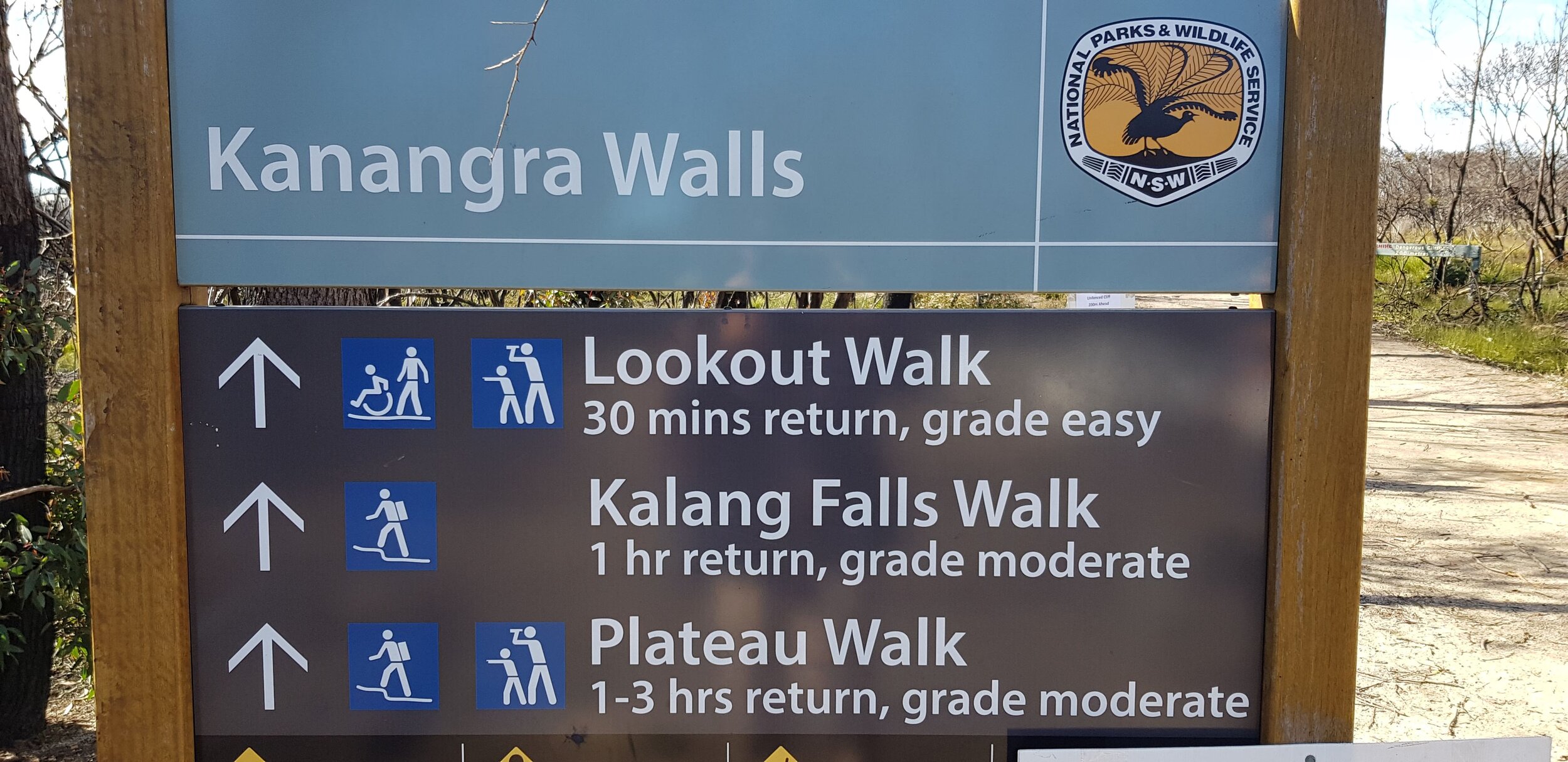
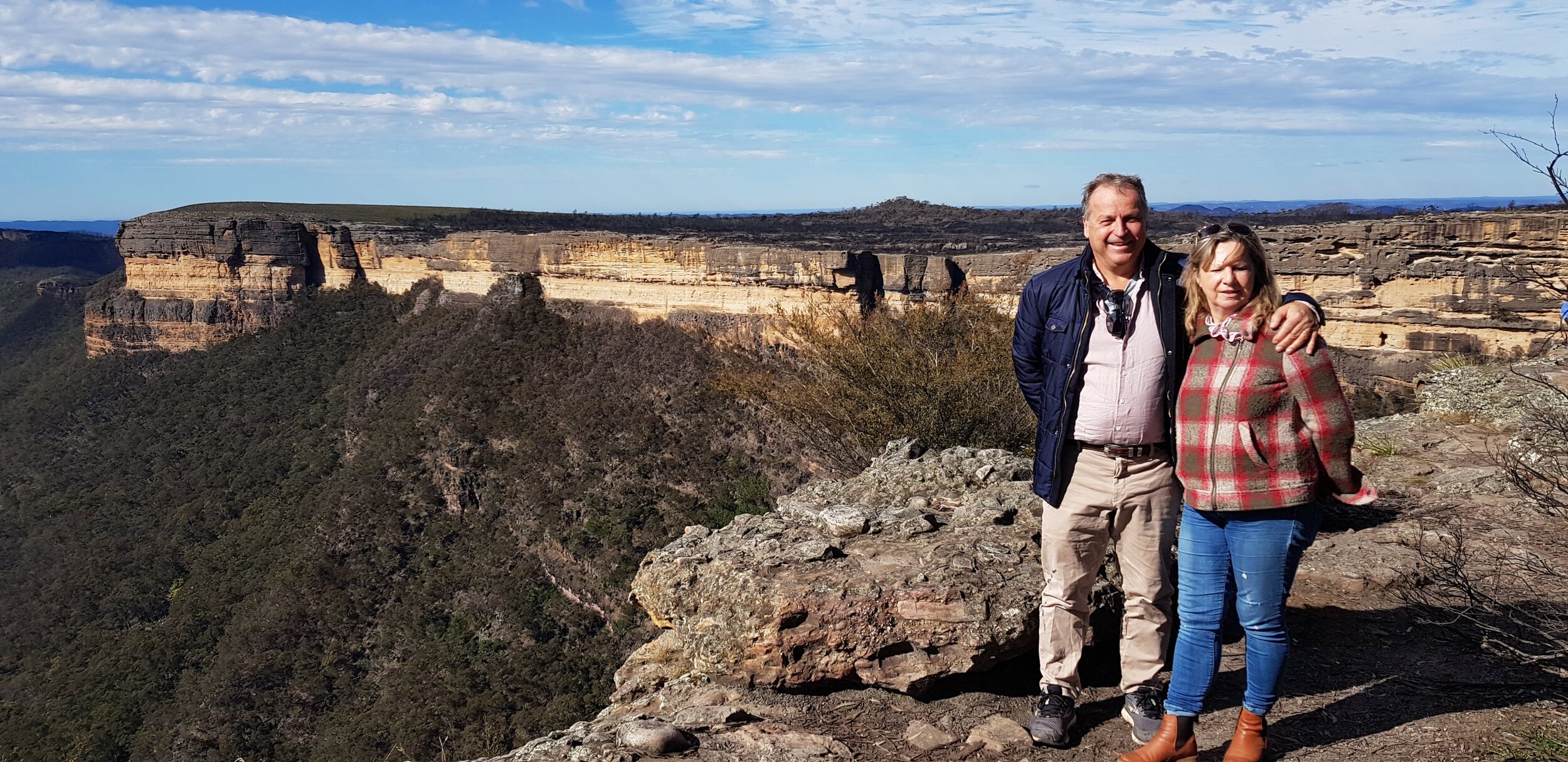

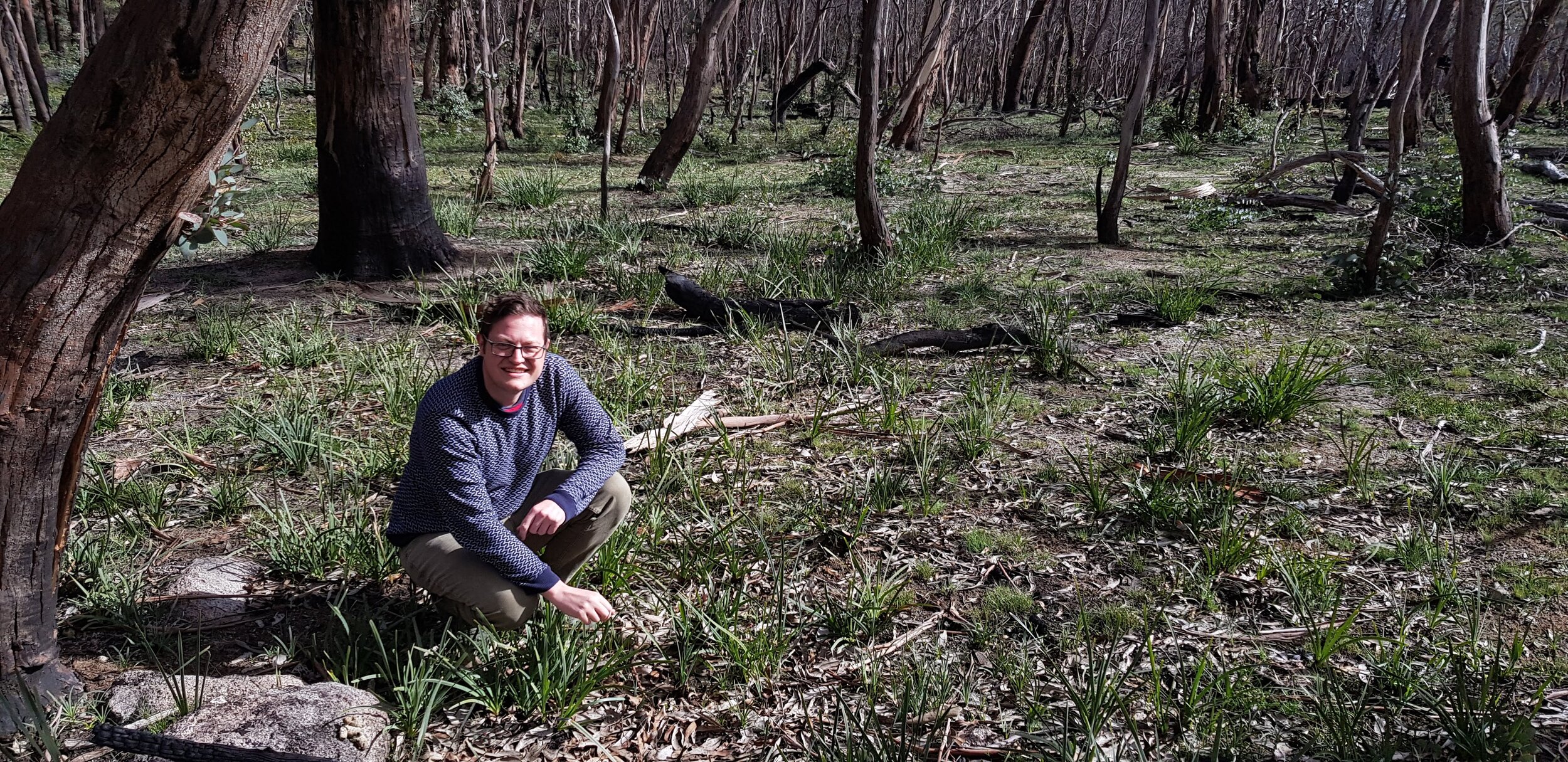


Back to my story why we depend on biodiversity. During my Uni days we learnt how lungs developed from the fish swim bladder, these bladders evolved to give fish the ability to move up and down the water column. Oli is looking more closely as how our separate organs evolved, his speciality is the placenta. Whatever you think of humans value on earth it is hard not to realise that our evolution in terms of behaviour and physicality has led to substantial endeavours as a species. The broad term evolution must be thought of in its distinct parts. Every part of us has evolved over time. The pretty Skink at Kanangra has evolved from its closest relatives an ability to give live birth. Its relatives lay eggs like a lot of reptiles. This ability to give live birth has evolved in a number of species. Humans are one such species although in us it evolved in apes. It is one of the reasons we are successful and leads to care and nurturing and perhaps the development of our inquiring minds. If you are interested in Oli’s work you can read more at https://findanexpert.unimelb.edu.au/profile/824983-oliver-griffith or https://www.oligriffith.com/
In Australia this unique species of Skink may well be endangered due to the recent fires. It is pivotal in Oli’s research. Research that has led to a better understanding of fertilisation, cancer and as yet unknown developments in health medicine. There are thousands of advances we have made from understanding unique features developed through evolution over the past 3 billion years on earth. Here is a guy (Oli) who has completed 10 years at Sydney University, was hire by Yale University for 3yrs where he undertook extensive research and now is Lecturer of Evolutionary Genomics at Macquarie University. Oli says we have identified around 20% of species on the earth. He goes on to quote another scientist that of those 20% , we only know about their basic features and where they were found. We know less than 1% of their physiology or function. NOW THATS WHY WE NEED THEM FOR FUTURE OURS AND THEIR BENEFIT.
The habitat
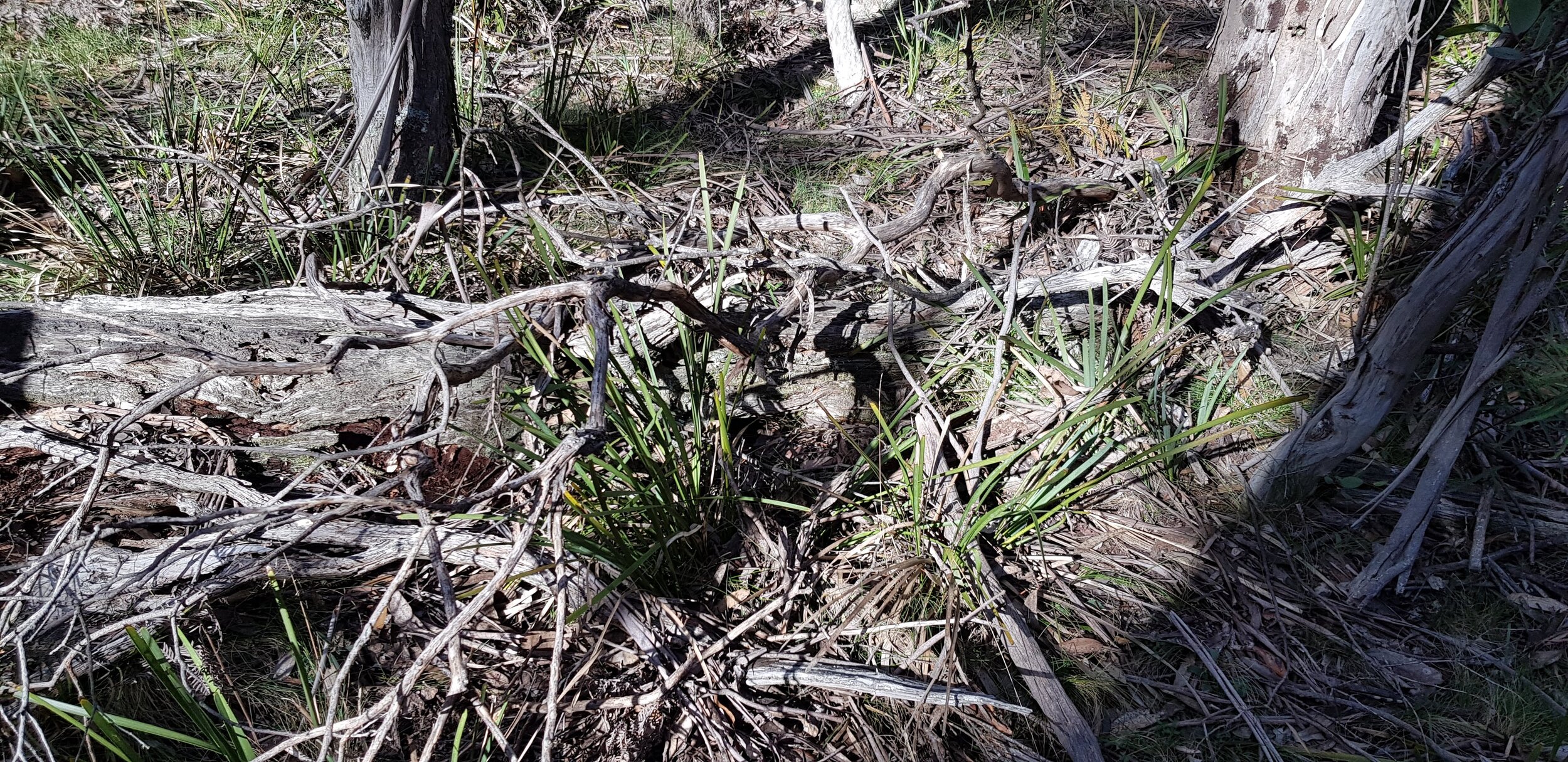
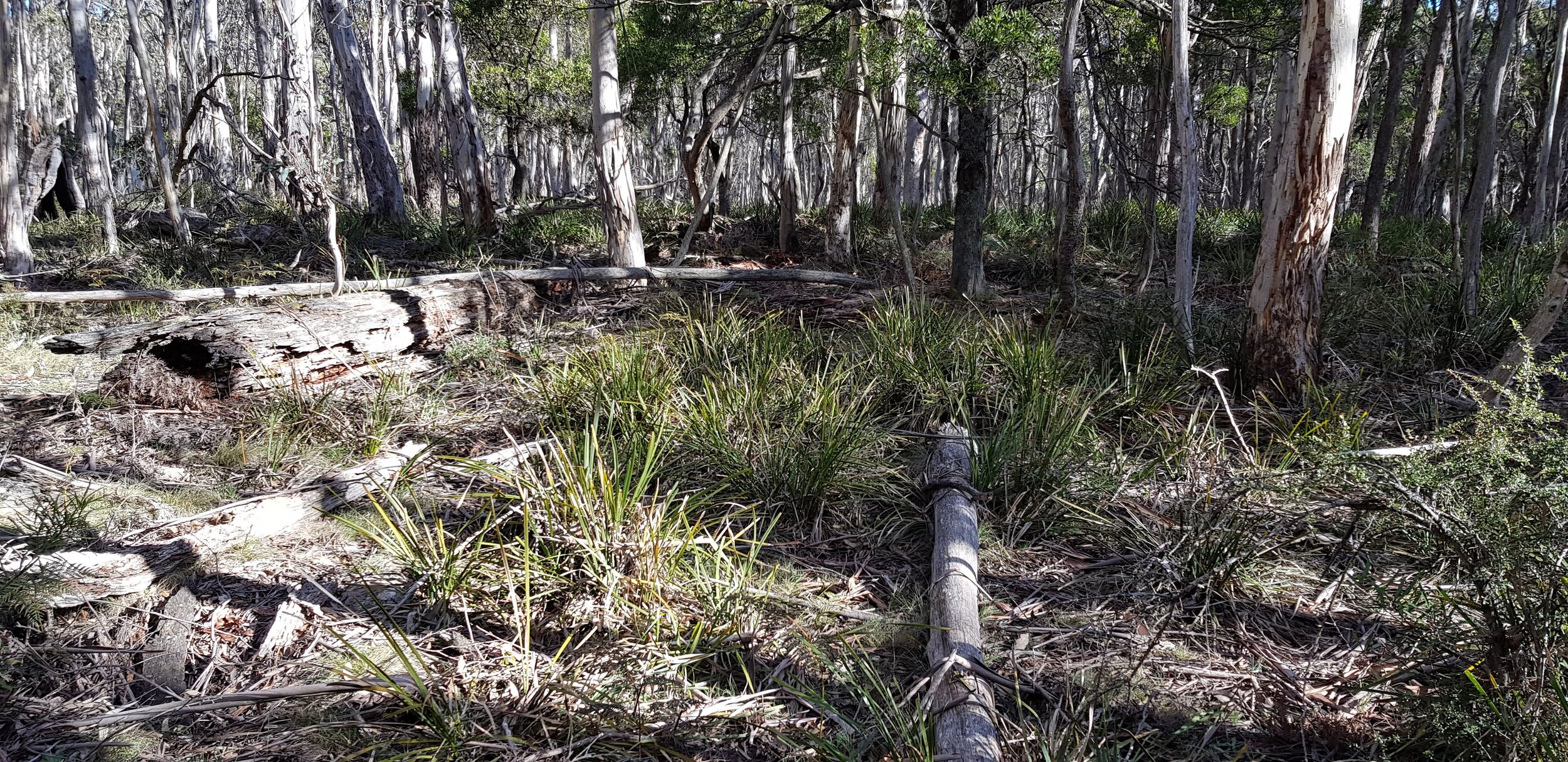



On examination of the National Park, we discovered major damage by the fire. The Skink likes to habit large tufts of Lomandra longifolia. Complex habitat is also required for the Skink and that includes leaves, logs and branches. In the areas Oli had previously found the Skink, they had all been burnt to bare earth. Temperatures burnt many trees down to 2 metres underground the heat must have been intense. Close by, were large mountain bogs or perched water tables. Even these had their foliage burnt off, although the peat below remains moist. Further away we did find a few areas where the Lomandra’s had survived and some complex habitat was spared. As it was winter the lizards would be hibernating but we have hope that this unique species will still be in some places and re-establish over time. This way the research can continue. This Skink species is hightly adapted to cold climates, as the following plants. Who knows how they will be effected by climate change.
My other interest on these trips is to study plants growing in harsh environments on shallow soils. I share some with you in pictures. You will see the area is badly burnt. Many Australian plant species cope and are returning. The area is normally impenetrable, but now we can freely walk through the ash and blackened trees. Wombats survived, their fresh diggings and square poo gives them away.
The plants
Yes, Oli is our son.


